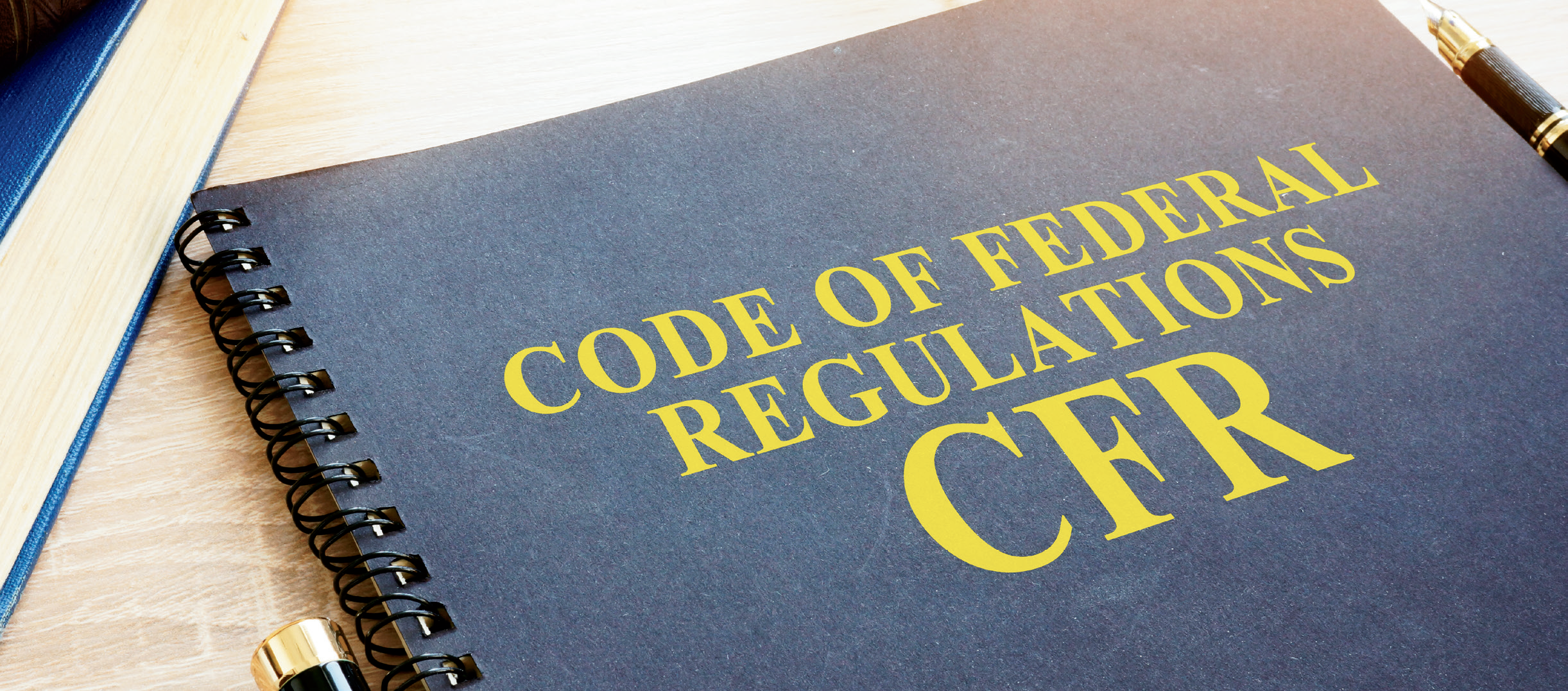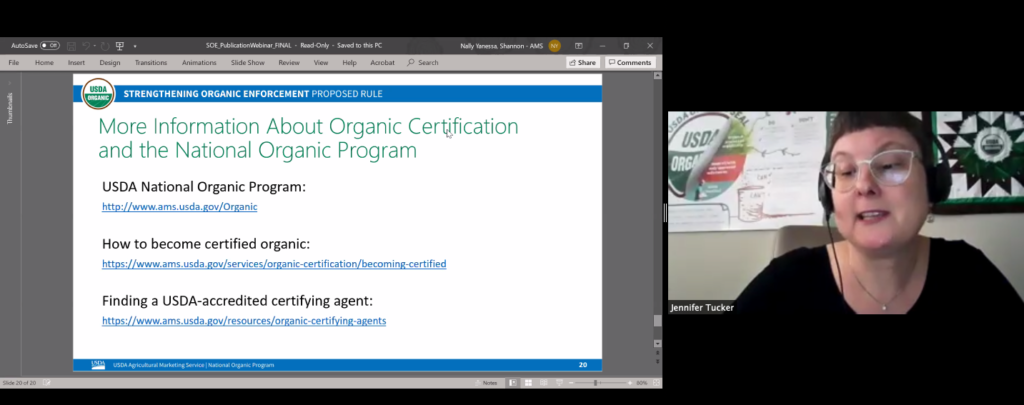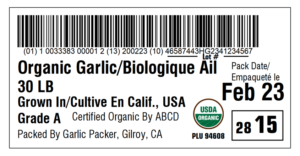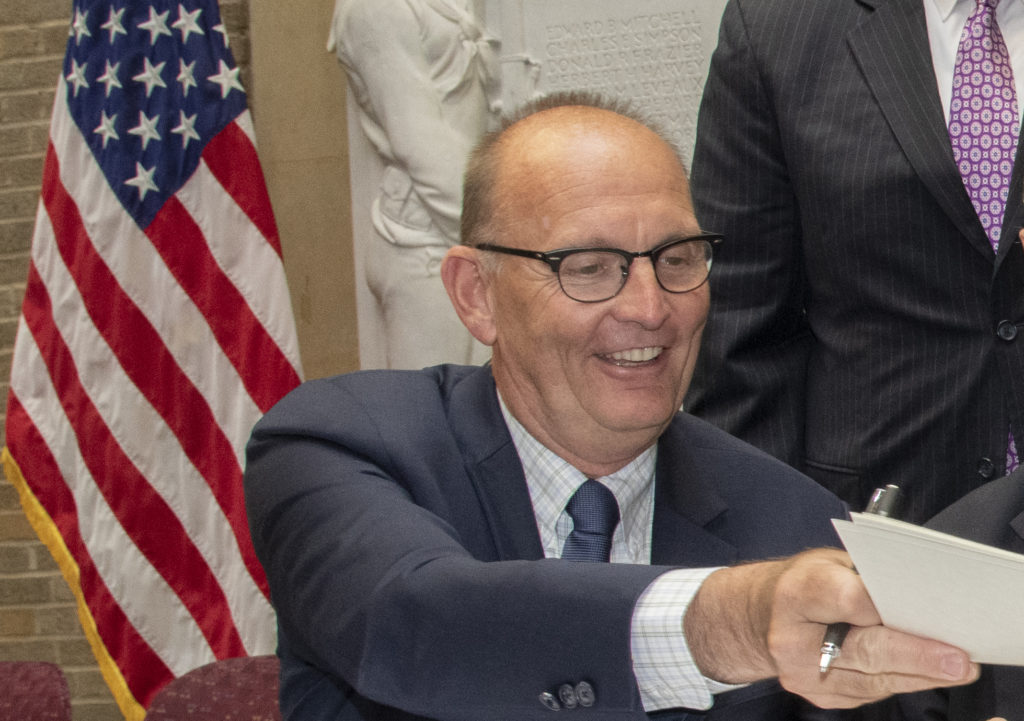
Nov 24, 2020
Proposed rule to toughen organic enforcement draws diverse comments
The governmental website Regulations.gov serves as a sort of digital filing cabinet for the formal rulemaking processes federal U.S. agencies use to set policy.
In Regulation.gov’s endless stacks is a digital folder named National Organic Program: Strengthening Organic Enforcement, with a docket of materials related to the USDA’s proposed rule, called SOE for short. Inside that folder, at last count, were more than 1,500 comments from organic growers, consumers and everyone in between.
SOE would bring more muscle to the National Organic Program (NOP) enforcement in several different ways, and the industry and general public had more than two months to formally comment on the rule, giving feedback from many different perspectives.
Above, if the proposed rule is adopted, it would be part of the Code of Federal Regulations.
Running up to the rule
USDA officials on July 8 gave a first, informal peek at the Strengthening Organic Enforcement rule, which had been in the works for two years, and which they said could reduce fraud in the organic program by half.
A draft copy of the Strengthening Organic Enforcement Proposed Rule was posted online and officials from Agricultural Marketing Service (AMS), which runs the National Organic Program (NOP), held a live webinar that gave attendees some details of the rule.
More than 900 attendees logged into the live webinar, said Jennifer Tucker, deputy administrator of the Agricultural Marketing Service (AMS), which runs the NOP.

Tucker said that while the rule would change several parts of the existing rules, much of it is based on practices already used in the industry, which doubled in a decade, from $22.1 billion in 2008 sales to $55.1 billion in 2019.
Some of the changes mentioned during the webinar included requiring imported organic products to have traceability back to their port of entry, as well as import certificates. Handlers of organic goods would have new responsibilities.
“Certifiers must identify criteria to identify organic operations and products that may be at high risk of organic fraud. Using these criteria, suppliers must also conduct supply chain audits of high-risk products being certified,” NOP Standards Division Assistant Director Shannon Nally Yanessa said during the webinar.
Other parts of the proposed rule deal with on-site inspections.
“The proposed rule requires that all certifiers conduct unannounced inspections of at least 5% of the operations they certify annually,” Yanessa said.
In August, the rule was formally published in the Federal Register. In a news release, USDA said the rule would:
- Reduce the number of uncertified businesses in the organic supply chain.
- Standardize organic certificates.
- Require the use of import certificates for all imported organic products.
- Increase the minimum number of unannounced inspections.
- Increase inspector qualifications.
- Strengthen fraud prevention procedures.
- Increase data reporting requirements to make it easier to identify and focus enforcement resources on higher-risk locations, activities and commodities.
Your comments, please
Implementation is still far away, but some early indicators of the rule seem upbeat.
Public comment ran for two months ending Oct. 5, generating a wide variety of comments from the public as well as growers and food industry groups.
“As an organic family farmer and co-owner of our small, organic family farm for 18 years now, I realize more and more how important it is to strengthen and enforce organic rules,” wrote Lana Kitchel of Los Molinos, California.
Some companies, like San Antonio’s NS Brands Ltd. – aka NatureSweet Tomatoes – liked the spirit of the draft rule but asked for more details.
“We support USDA’s intention to enhance technological capabilities in order to improve traceability across the supply chain,” wrote Skip Hulett, NatureSweet’s vice president and general counsel. “In addition, we agree that the use of electronic import certificates should provide both the government and industry the data necessary to monitor product movement throughout the organic supply chain. However, in order to successfully implement a mandatory electronic organic import certificate in the coming years, we encourage USDA to clearly and explicitly publish parameters and requirements for testing and implementing the new system.”
Organizations such as IFOAM-Organics International, the Organic Trade Association (OTA) and the Organic Farmers Association chimed in with detailed comments.

OTA Vice President for Regulatory and Technical Affairs Gwendolyn Wyard and Farm Policy Director Johanna Mirenda wrote in a summary letter accompanying the group’s detailed comments that perhaps in some cases there were alternatives to regulations, or less stringent requirements that could achieve the same objectives.
“Given the broad diversity of the organic supply chain, it is critical that the NOP regulations are uniform in nature to ensure organic integrity while, at the same time, flexible enough to work for various organic operations up and down the supply chain,” OTA wrote in its letter. “In our analysis of the proposed requirements, we continued to find that the risk of fraud and/or the risk to organic integrity can be very different (low- to high-risk) depending on where in the supply chain the handling is taking place (e.g., lower, middle or upper echelon), the type of commodity being traded (e.g., produce vs. dairy), whether the product is packaged or unpackaged and the nature of the packaging (open tote vs. tamper-proof final packaging). In some cases, a ‘one-size-fits-all’ approach does not make sense to meet the end goal — traceability, fraud prevention and organic integrity.”

A joint letter from the Produce Marketing Association, United Fresh and Western Growers discussed imports to the U.S., certificate exemptions, supply chain traceability, and the labeling of non-retail containers. The group went so far as to draw up what a non-retail label would look like under the current language in the SOE.
“We feel the current proposed regulatory language in SOE is too vague as a non-retail container, defined in the NOP as any container used for shipping or storage, can include packaging ranging from a box of tomatoes for sale to a truck-load of tomatoes going from a ranch to the packing shed,” according to the groups’ formal comment.
Organic Farmers Association Director Kate Mendenhall wrote that even once the rule was finalized, there was more work to be done.
“We believe that the NOP should seek from Congress any additional authority it needs to address fraud in domestic or international markets, such as stop sale authority,” she wrote. “And we will continue to advocate for resources for the NOP to increase the agency’s capacity to hold itself to the same standards of training, information sharing and other enforcement activities that it has set out for other entities in this proposed rule.”
Going forward

All of the public comments– more than 1,500 total – will be considered in writing the new rule. When and if the final rule is published, businesses would have a full year to comply with it.
Though there would be costs associated with the rule, it still could benefit the industry financially. A study that USDA AMS had done for the webinar estimated that about 2% of all organic sales are fraudulent, and the rule could reduce those sales to 1%. The rule is estimated to provide some $85 million in benefits, with about $7.3 million in costs. In the first year, the rule was expected to raise costs by about $15,100 for each of the country’s 46 accredited certifiers, about $4,900 for each of the roughly 1,000 new handlers, and $60 each for about 25,000 certified operators.
“Organic agriculture is one of the fastest-growing sectors in the food market,” USDA Undersecretary for Marketing and Regulatory Programs Greg Ibach said in a statement released in August during the commenting period. “As the organic market has grown, organic supply chains have become more complex. Stronger market oversight is needed to protect farmers and consumers who choose the organic option.”






